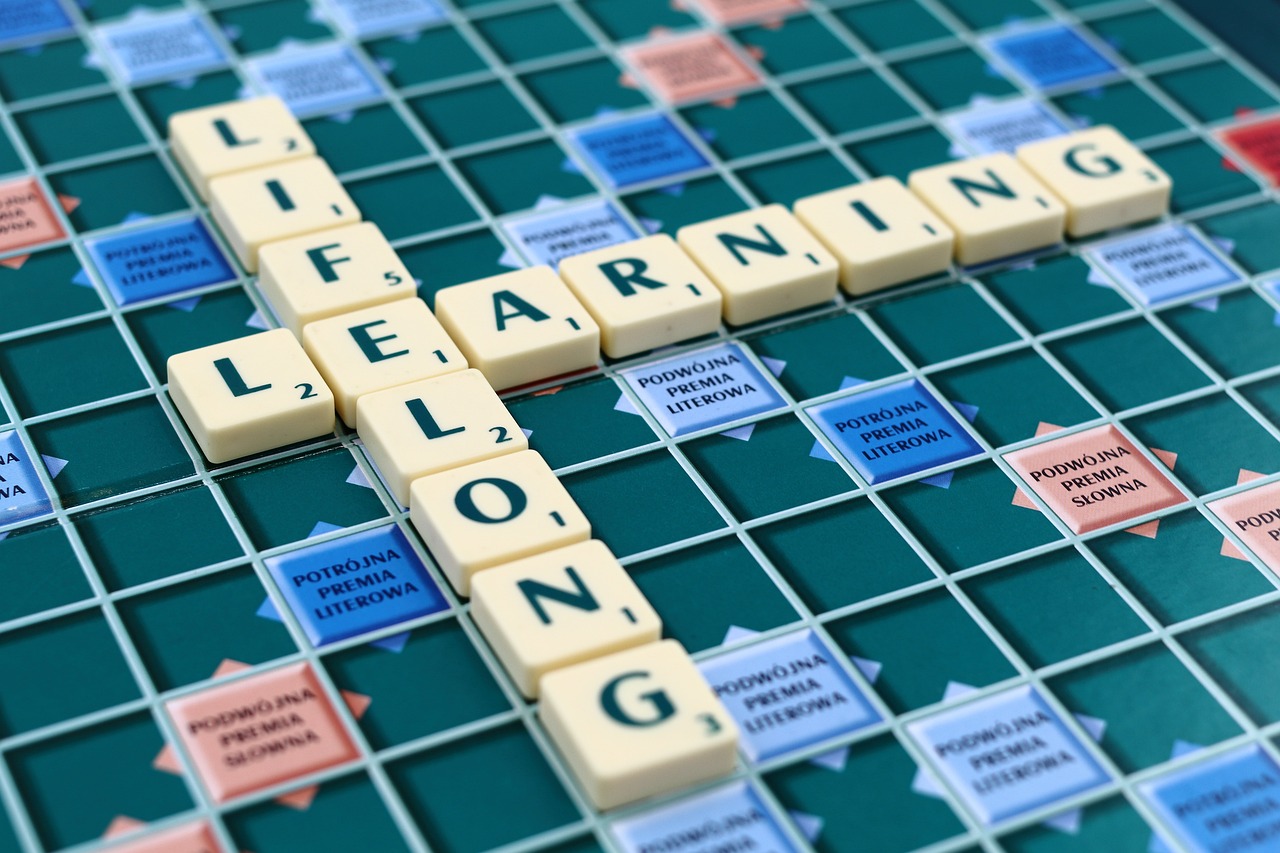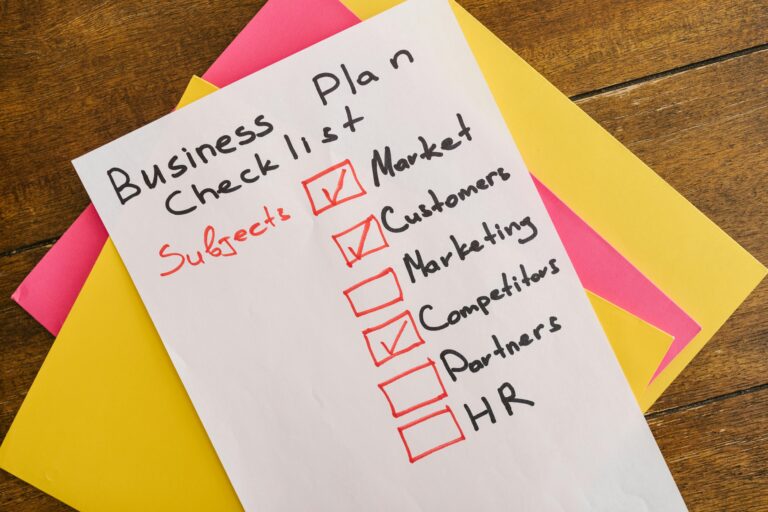
Continuous learning is a crucial aspect of personal and professional development. In this article, we will explore seven powerful ideas to help you expand your horizons through continuous learning. From practical strategies to online resources, we’ll cover it all. So, let’s dive in and discover how you can embrace lifelong learning.
Table of Contents
- Introduction
- The Benefits of Continuous Learning
- Idea 1: Set Clear Learning Goals
- Idea 2: Embrace Online Courses and Webinars
- Idea 3: Join Professional Associations
- Idea 4: Read Widely and Diversely
- Idea 5: Seek Mentorship
- Idea 6: Attend Workshops and Conferences
- Idea 7: Practice Reflective Learning
- Implementing These Ideas
- Conclusion
- Frequently Asked Questions (FAQs)
Introduction
In today’s fast-paced world, staying ahead requires more than just the knowledge acquired during formal education. Continuous learning is the key to personal growth and success. It allows you to adapt to changing environments, acquire new skills, and broaden your horizons. In this article, we’ll explore seven ideas to help you make continuous learning a part of your life.
The Benefits of Continuous Learning
Before delving into the specific ideas, let’s briefly discuss why continuous learning is so valuable. By engaging in lifelong learning, you can:
- Stay Relevant: In a rapidly evolving world, staying current is essential in any field.
- Boost Your Confidence: Learning new things enhances your self-esteem and self-worth.
- Increase Opportunities: Continuous learners are often more sought after by employers.
- Adapt to Change: Learning helps you adapt to new technologies and trends.
- Expand Your Network: Engaging in learning activities often leads to valuable connections.
- Discover New Passions: Learning can unveil interests and talents you never knew you had.
- Enhance Problem-Solving: It improves your ability to think critically and solve complex problems.
Now that we’ve established the importance of continuous learning, let’s explore seven ideas to help you implement it effectively.
Idea 1: Set Clear Learning Goals
To make continuous learning manageable, start by setting clear goals. Define what you want to achieve through learning. Whether it’s acquiring a new skill, gaining expertise in a particular subject, or improving your career prospects, having well-defined goals will keep you motivated.
Idea 2: Embrace Online Courses and Webinars
Online learning platforms have revolutionized education. Enroll in courses and webinars that align with your goals. Platforms like Coursera, edX, and LinkedIn Learning offer a wide range of courses on diverse topics. They allow you to learn at your own pace, making it convenient to balance with your daily life.
Idea 3: Join Professional Associations
Professional associations are excellent resources for continuous learning. They often provide access to exclusive content, networking opportunities, and events. By becoming a member of relevant associations in your field, you can stay updated on industry trends and best practices.
Idea 4: Read Widely and Diversely
Reading is one of the simplest ways to expand your knowledge. Read books, articles, and blogs on a variety of subjects, even those outside your comfort zone. Diverse reading broadens your perspective and introduces you to new ideas.
Idea 5: Seek Mentorship
Mentorship is a powerful tool for learning. Find a mentor who can guide you on your learning journey. Their experience and insights can accelerate your growth and help you avoid common pitfalls.
Idea 6: Attend Workshops and Conferences
Workshops and conferences offer immersive learning experiences. They provide opportunities to interact with experts and peers, fostering a rich learning environment. Look for events related to your interests and make an effort to attend them.
Idea 7: Practice Reflective Learning
Reflective learning involves analyzing your experiences and learning from them. Regularly assess your progress, identify areas for improvement, and adjust your learning strategies accordingly. This self-awareness is a valuable skill in itself.
Implementing These Ideas
Implementing these ideas may seem overwhelming, but it doesn’t have to be. Start by setting achievable goals and gradually incorporate these strategies into your routine. Remember that continuous learning is a journey, not a destination.
Conclusion
In conclusion, continuous learning is the key to personal and professional growth. By setting clear goals, embracing online courses, joining professional associations, reading widely, seeking mentorship, attending workshops, and practicing reflective learning, you can expand your horizons and unlock new opportunities.
Frequently Asked Questions (FAQs)
- Where can I find free online courses for continuous learning? You can find free courses on platforms like Coursera, edX, and Khan Academy. Many universities and organizations offer free educational content.
- How do I choose the right mentor for my learning journey? Look for someone with expertise in your field who shares your values and is willing to invest time in your development. Networking events and professional associations can be good places to find mentors.
- What are some effective ways to set and track learning goals? Use the SMART (Specific, Measurable, Achievable, Relevant, Time-bound) criteria to define your goals. Keep a journal to track your progress and make adjustments as needed.
- Are there any recommended books for expanding one’s horizons? Absolutely! Books like “The Power of Habit” by Charles Duhigg, “Sapiens” by Yuval Noah Harari, and “Outliers” by Malcolm Gladwell are excellent choices for broadening your perspective.
- How can I balance continuous learning with my work and personal life? Prioritize your learning goals and allocate dedicated time for them. Create a schedule that accommodates your other responsibilities while ensuring you have time for learning.
Now that you have a comprehensive guide to continuous learning, it’s time to take the first step on your journey of self-improvement. Remember, the path of lifelong learning is filled with opportunities for personal and professional growth.







